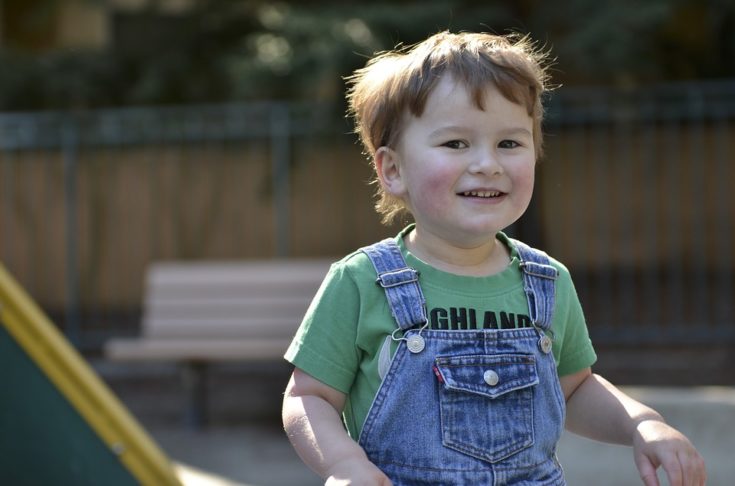Disclosure: This post may contain affiliate links, meaning we get a commission if you decide to make a purchase through our links, at no cost to you. Please read our disclosure for more info.
You try to make everything perfect for your child, but some things are entirely out of your control. Developmental disorders like autism can throw a serious wrench in your parenting plans, regardless of your tenacity. Of course, with a little bit of thought and training, you can learn to cope with your child’s autism.

You’ll need to make a few concessions here and there, but you can still create a wonderful life for your child. By catering your parental approach to their social, communicative, and academic needs, you can guarantee that they’ll enjoy a perfectly fulfilling life. Heed the following tips as you adjust your parental approach.
In This Post:
Autism can make it difficult, if not impossible, for your child to achieve a normal social life—that is, without the proper care and attention. Falsely, many parents believe that their autistic children simply don’t want the social attention that their peers enjoy. Really, autism simply prevents many children from reaching out to their peers. Confused and ostracized by their peers, many autistic children shun social relationships not because they don’t want them, but because they seem impossible to achieve.
By recognizing this problem, you can begin to help your child create social connections. You can enroll them in special schools that focus on fostering social relationships for autistic children. In a special environment—receiving the care and attention that they require—autistic children often develop thriving social lives and lifelong friendships.
2) Do not punish your child’s quirks.
Limited and/or specialized interests are a common symptom of autism—one that is commonly misunderstood, or mistreated, by parents. Punishing a child for having a limited set of interests is precisely the wrong thing to do. For example, if your child has an encyclopedic knowledge of trains—or aspires to have one—then you really have to take it in stride. Condemning their interest or forcing them to pick up a new hobby is only going to make them feel hurt and confused.
Instead, you should focus on introducing them to new subjects, hobbies, and interests in a natural way. Autism often leads to a fixation of thoughts, but you can, with practice and patience, use that to the child’s advantage. If you can slowly teach them to focus on a variety of subjects, they’ll develop a healthier understanding of how to approach life.
3) Make sure that your child’s school is prepared to help you handle your child’s needs.
When your child is autistic, you can’t simply drop them off at school and pick them up at the end of the day. Your role in their education is absolutely central. Check in early and often, making sure that your school is giving your child the attention that they deserve. If there’s any doubt as to whether or not your child is getting the care and attention that they deserve, then you have to make your thoughts heard in a proactive manner. And remember: there are always different schools that you can try if you don’t think that your current school can live up to the challenge.
At the end of the day, you and your child can learn to thrive under challenging circumstances. Care, dedication, and an unflinching tenacity can win you the quality of life that you and your child truly deserve.
